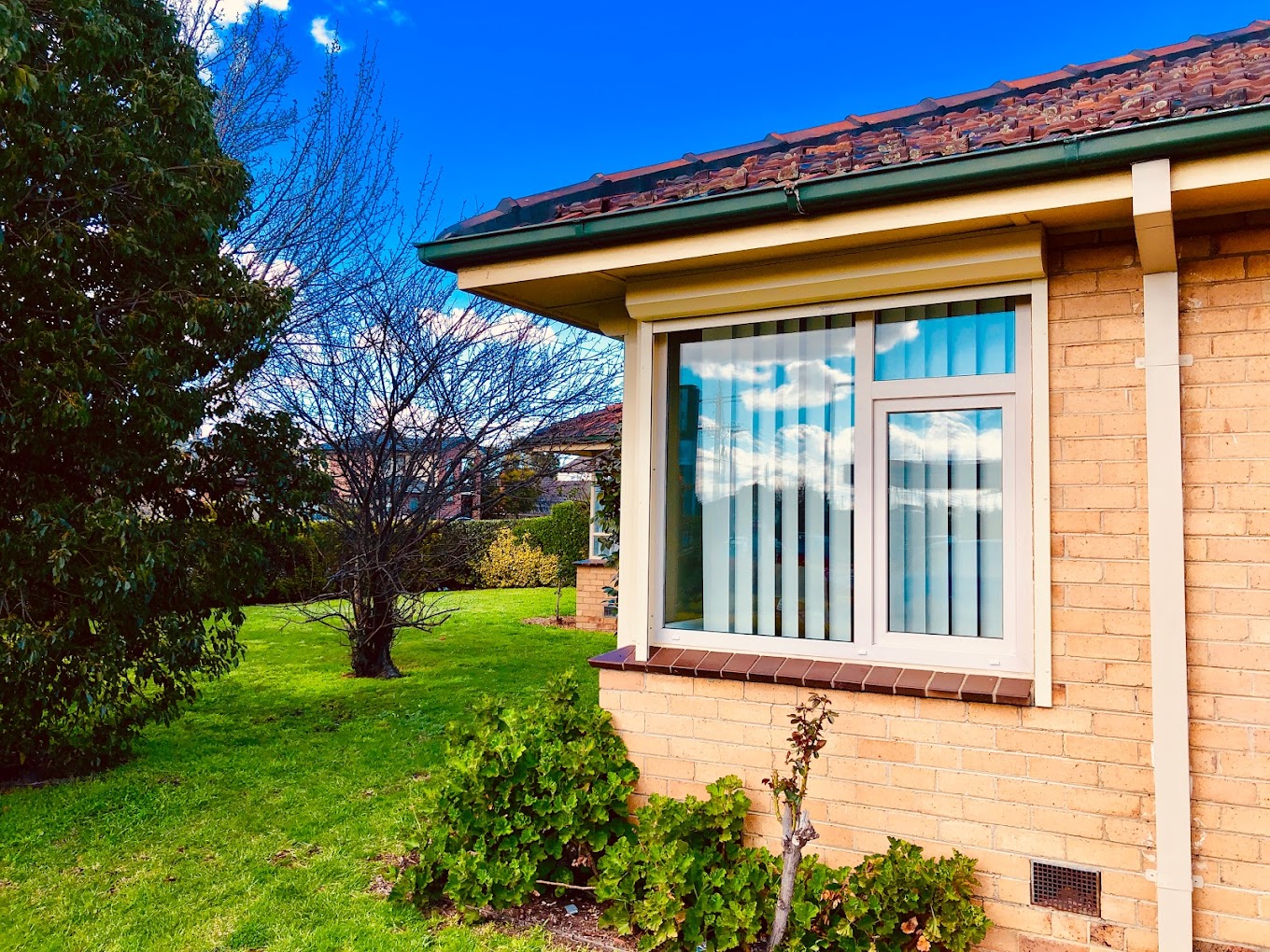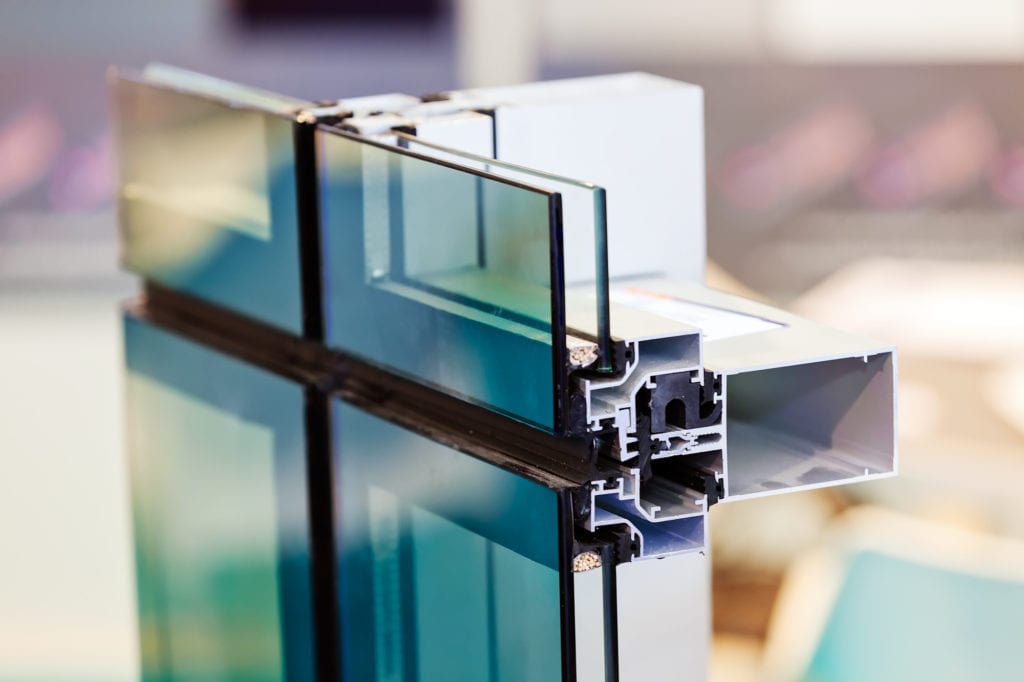All Categories
Featured
Table of Contents
What Are Double Glazed Windows? - Build in Canning Vale Perth
That window can send more solar heat in winter than in summer. A west-facing window on a summer's afternoon has an angle of occurrence from near 0 as much as 30 with a big effective location of solar radiation. A north-facing window, in summer season, has a high angle of incidence and a low effective location of solar radiation, so can transfer less heat than a west-facing one.

You can quickly and easily improve the thermal efficiency of your house by replacing your windows. There are thousands of types of glass and frames to pick from.
Double Glazed Windows Sydney in Bullsbrook Perth
There are various kinds of glass products to select from. Single glazing uses a single pane of glass. Single glazing with clear glass is not very effective when it comes to heat loss or gain. To enhance performance, you can use single glazing with a more energy-efficient kind of glass such as low emissivity (low-e) glass.
The energy efficiency of IGUs also depends on: the homes of each layer of glass. Various glass types (for example, clear and low-e glass) can be put together in an IGU.
Double Glazed Windows In Melbourne in Subiaco Western Australia

IGU cavities can be filled with air or a more inert, low-conductivity gas such as argon the width of the cavity. Cavity density is usually 6 to 18mm. Larger cavities supply lower (better) U values, with 12mm normally accepted as the favored gap how well the cavity is sealed. Cavities should be dry and well sealed to avoid moisture getting in.
If argon is installed to the cavity in location of air, wetness is dependably omitted the level of desiccant (drying representative). The spacer (metal or polymer strip) that separates the glass layers includes a desiccant to absorb any moisture. Inadequate desiccant may cause moisture to condense on the glass surface in cold conditions, lowering thermal performance.
Magnetite: Australian Retrofit Double Glazed Windows in Kenwick WA
In truth, IGUs can deliver better energy efficiency for all environments, specifically in heated and air-conditioned homes. Cross-section detail of single, double and triple-glazing units Low emissivity glass (typically referred to as low-e glass) lowers heat transfer. Low-e glass might be either high or low transmission: High transmission low-e glass has a coating that permits daytime from the sun to enter your house to accomplish good solar heat gain, but reduces the amount of the long wavelength infrared heat that can get away back through the window.
Low-e glass has either a pyrolytic finish or a vacuum-deposited thin film metal coating. Pyrolytic coverings are resilient and can be used for any glazing; vacuum-deposited coverings are soft and are only utilized within IGUs. Low-e coatings can considerably enhance both U value and SHGC; nevertheless, they need to be used properly or they will either weaken or stop working to carry out as required.
The Surprising Benefits Of Double Glazing In The Summer ... in Currambine Western Australia
Low-e finishes can be utilized in combination with clear, toned or reflective glass. Low-e finishes on glazing can reduce heat transfer where needed Photo: Department of Market, Science, Energy and Resources Toned glass has colouring ingredients included during manufacture. It is readily available in numerous colours, usually bronze, grey, blue and green.
Latest Posts
How To Upgrade Your Garden's Summer House For Year- ... in Hilton WA
When Is The Best Time Of Year To Replace Windows? in Hovea Western Australia
Sustainability in Coolbellup Perth